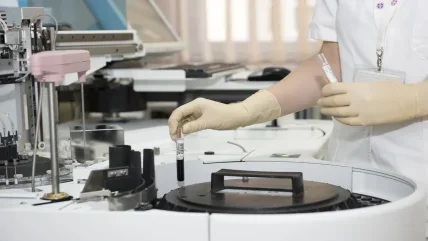
Drug discovery and biologics company Predictive Oncology has launched its 3D cell culture model to advance the discovery of cancer drugs and facilitate future drug development.
Predictive Oncology has designed in vitro organ- and disease-specific models to closely replicate the human tissue’s physiological environment. These models are intended to preserve crucial interactions between tumours and their cellular and extracellular surroundings.
According to the US-based drug discovery firm, the 3d cell models offer full customisation for targeted tissues and are compatible with various cell types and drug categories.
Predictive Oncology said that 3D cell cultures closely copy the architecture of human tissue, surpassing traditional 2D assays in accuracy.
In addition, they offer a more representative method for in vivo drug candidate clinical testing.
Predictive Oncology CEO Raymond Vennare said: “The results of our studies demonstrate the importance of incorporating more complex 3D cell applications into the global drug discovery and development processes, to decrease the time to market and cost of new drugs, while reducing the need for animal testing and time-consuming iterations during clinical trials.”
The biologics company uses artificial intelligence (AI) and machine learning to accelerate early drug discovery and facilitate cancer drug development globally.
Its scientifically validated AI platform, PEDAL, is said to have a 92% accuracy rate in predicting tumour sample responses to specific drug compounds.
Predictive Oncology claimed that this precision aids in selecting optimal drug-tumour combinations for subsequent in vitro testing.
The company offers AI-based drug discovery solutions, complemented by its fully owned CLIA lab and GMP plants.
Predictive Oncology translational medicine senior vice president Arlette Uihlein said: “The foundational work that we have been doing over the past two years holds great promise for the development and use of 3D organoids and spheroids utilising our high throughput platform that incorporates AI and machine learning to efficiently predict drug response for oncology modelling and other applications.”






